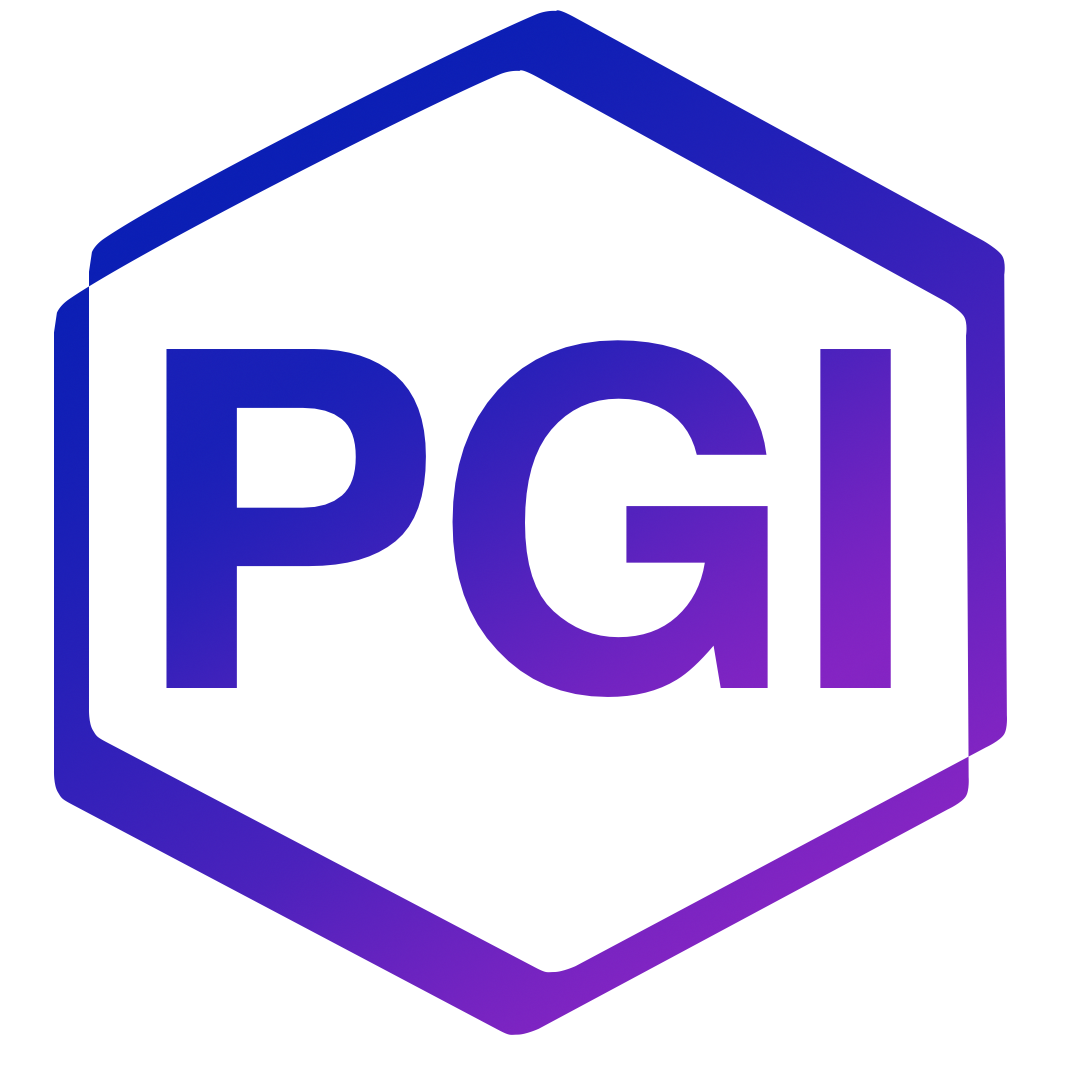Public Administration
Policies and solutions that drive communities to advance the common good and positive change.
Ten key points of public administration:
Public administration refers to the implementation of government policies and the management of public programs and services. Here are ten key points about public administration:
- Service delivery: Public administration focuses on the delivery of public services, such as healthcare, education, and public safety, to citizens.
- Efficiency: Public administration aims to ensure the efficient use of resources, including budget, personnel, and technology, to achieve desired outcomes.
- Accountability: Public administrators are accountable to the public, elected officials, and other stakeholders, and are responsible for ensuring that public resources are used in a transparent and ethical manner.
- Strategic planning: Public administration involves strategic planning to identify goals, objectives, and priorities for public programs and services.
- Leadership: Public administrators provide leadership and direction to public organizations and employees, and are responsible for creating a positive and productive work environment.
- Collaboration: Public administration involves collaboration with other government agencies, as well as stakeholders in the private sector and civil society, to achieve common goals.
- Innovation: Public administrators strive to promote innovation and creativity in public service delivery, including the use of new technologies and best practices.
- Public policy: Public administration is closely linked to public policy, as administrators are responsible for implementing policies and programs that are established by elected officials.
- Diversity and inclusion: Public administration should reflect and promote diversity and inclusion in the public workforce and in the delivery of public services.
- Continuous improvement: Public administration aims to continuously improve the quality and effectiveness of public programs and services, through ongoing evaluation, feedback, and learning.
#governance #corporategovernance #privatesector #compliance #board #strategy


